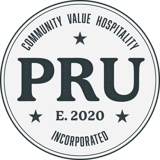Feed 200 Families while Saving Restaurants this COVID Winter
Thanks to everyone who helped us reach our goal! Please consider donating to our current campaign. The more money we raise, the more families we can feed.
Campaign Ended
Share
Organized by Project Restore Us
